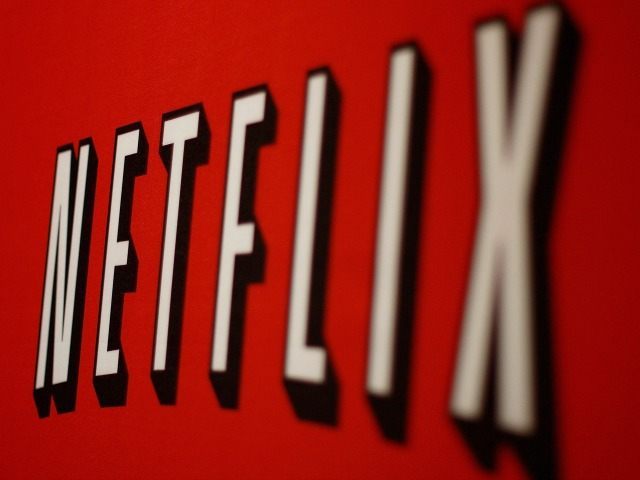The Indonesia Film Censorship Board (LSF) has held an emergency meeting regarding Netflix’s recent global expansion and may ban the service from the country entirely.
“Last Saturday we watched the movies [available on Netflix]… there are some movies that we have forbid from being screened in the cinemas,” Ahmad Yani Basuki, the chairman of the LSF, said of the meeting. He noted that these films are not allowed in Indonesia and that, if Netflix does not submit its entire service to review by the censorship board, “we will recommend the Communication and Informatics Ministry to block the service.”
The Indonesian magazine Tempo notes that the censorship board can ban a movie from the country for a number of reasons, including “scenes that exhibit violence, gambling, drug abuse, pornography, scenes that may well lead to sectarian conflict, blasphemy, encourage criminal acts, and degrading human rights.” A movie can subsequently receive approval in the country if it edits the offending scenes out.
Strict censorship of motion pictures began in Indonesia during its colonization by the Dutch, but has clearly evolved as Indonesia became the world’s most populous Muslim country. The LSF has previously described the objective of the entire film industry as the promotion of “belief in God, to demonstrate benefit, to foster unity and wholesomeness [kebajikan]” and “unity and integrity of the nation.”
The LSF has been previously accused of being significantly more critical of native films that flaunt the nation’s normals, while keeping a looser grip on foreign filmmakers because “kissing and sex scenes [are] part of Western culture.” Some Western films, like 50 Shades of Grey, have been banned anyway, however, as they crossed even this allegedly more distant line.
Other films have been banned for overtly religious reasons. The LSF banned the Darren Aronofsky film Noah because “we as Indonesian society value religious values, religious harmony, and build an atmosphere of religious harmony.” The LSF worried that the portrayal of a Judeo-Christian icon “and also many things… that do not fit with history as recognized or believed by Muslims” would trigger “turmoil” among the nation’s majority Muslim population.
Netflix announced last week that it would expand its service globally, with exceptions in autocracies like China. In doing so, it did not notify the LSF. “We reminded [Netflix] if they don’t want to apply for licenses, then don’t enter [Indonesia],” Ahmad Yani Basuki said of the service this week.
LSF members have previously expressed concern that the nation’s laws regarding the censorship of films have not been updated so as to properly address the advent of online video streaming. “On television… it is clear that the film that will be aired must receive a passing mark sensor of the relevant institutions (LSF). Well, in terms of access movies through Internet and paid television, there must be regulations that are technically set this up,” LSF board member Rommy Fibri Hardianto explained, petitioning the government to address the discrepancies between television broadcasting and online streaming.
Ahmad Yani Basuki has made similar statements to the media: “The presence of digital media streaming like Netflix and other media is a necessity… we all face corresponding duties and functions for each, including the LSF.”
Communications and Information Minister Rudiantara told reporters last week that he is working on updating media regulations within his agency to make regulation of services like Netflix easier. One major obstacle is that censorship of film and television are regulated under two different laws; Netflix offers both films and television series. “But it’s no problem, even if separate, as long as we can keep the regulations parallel and mutually supporting. Right now we are going to revise the Broadcasting Law in the House of Representatives in first quarter of the year to maintain coherence,” Rudiantara said.

COMMENTS
Please let us know if you're having issues with commenting.